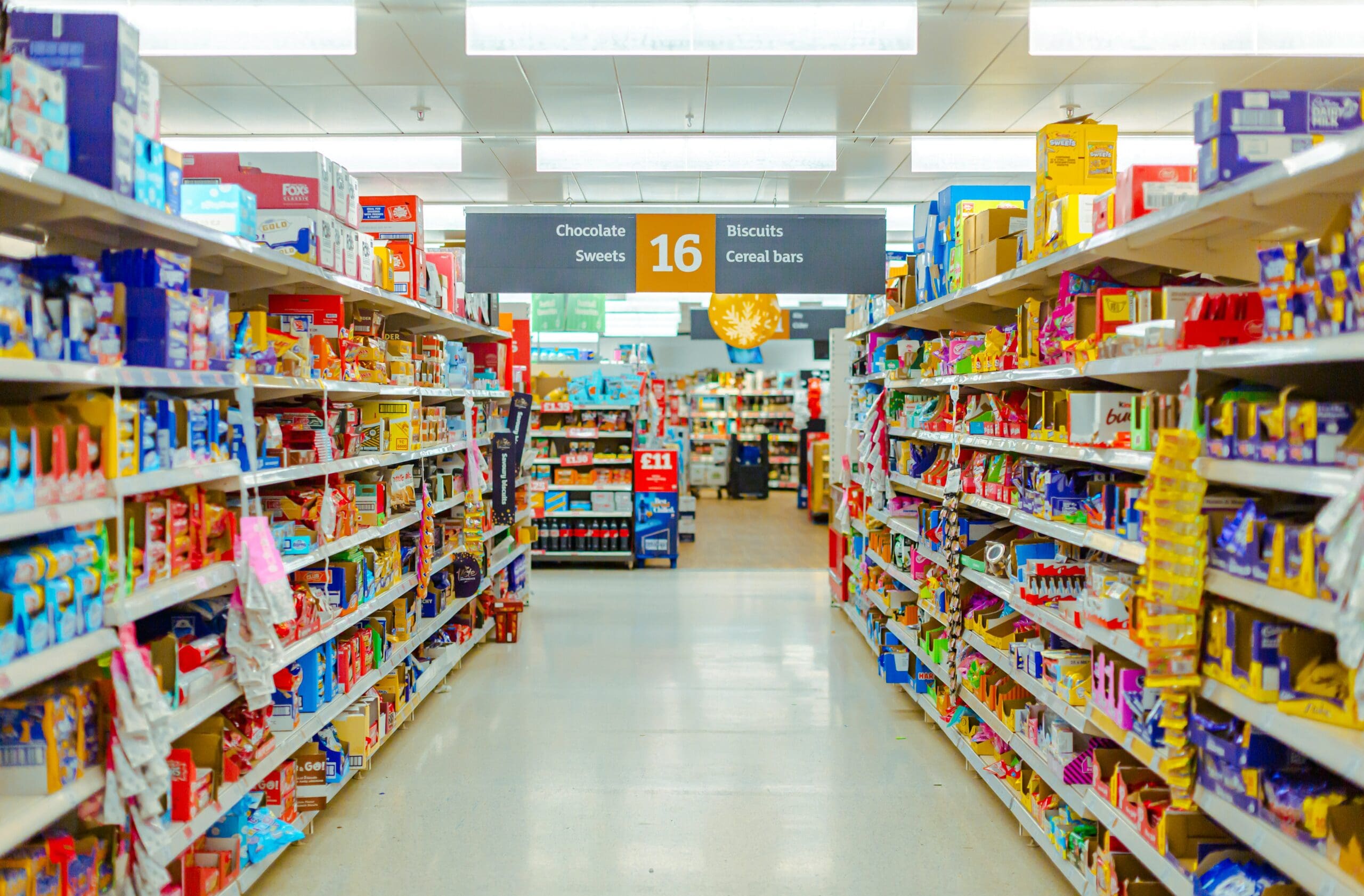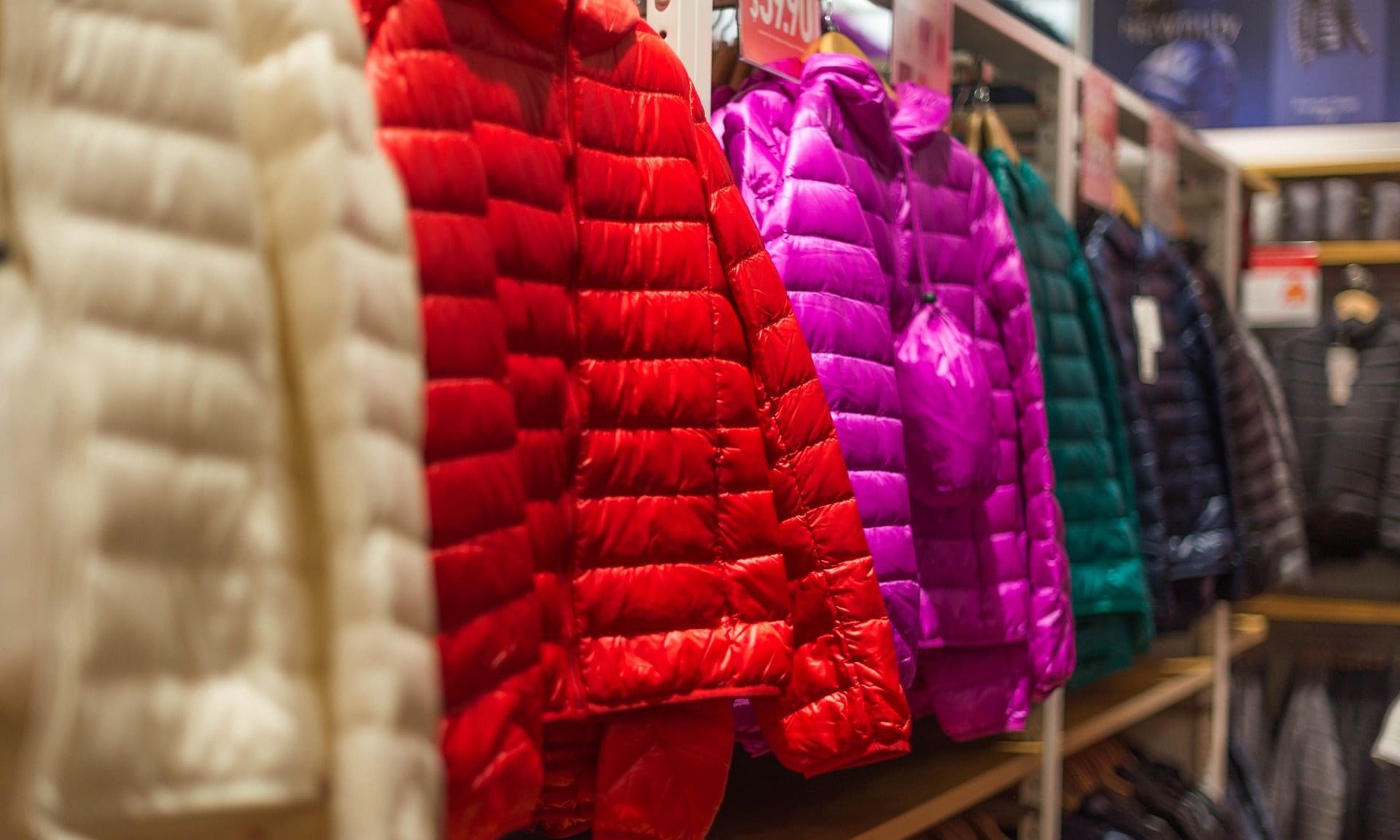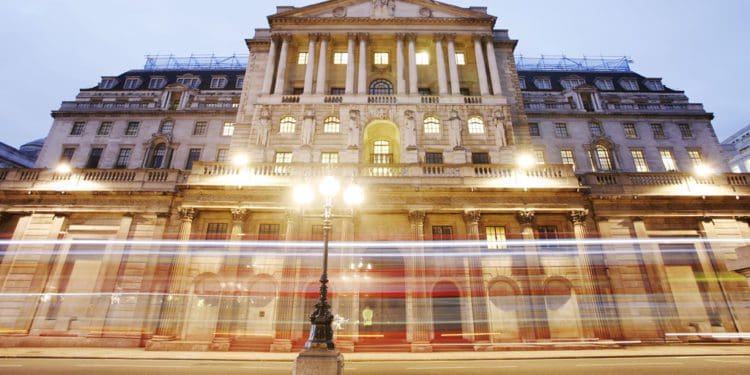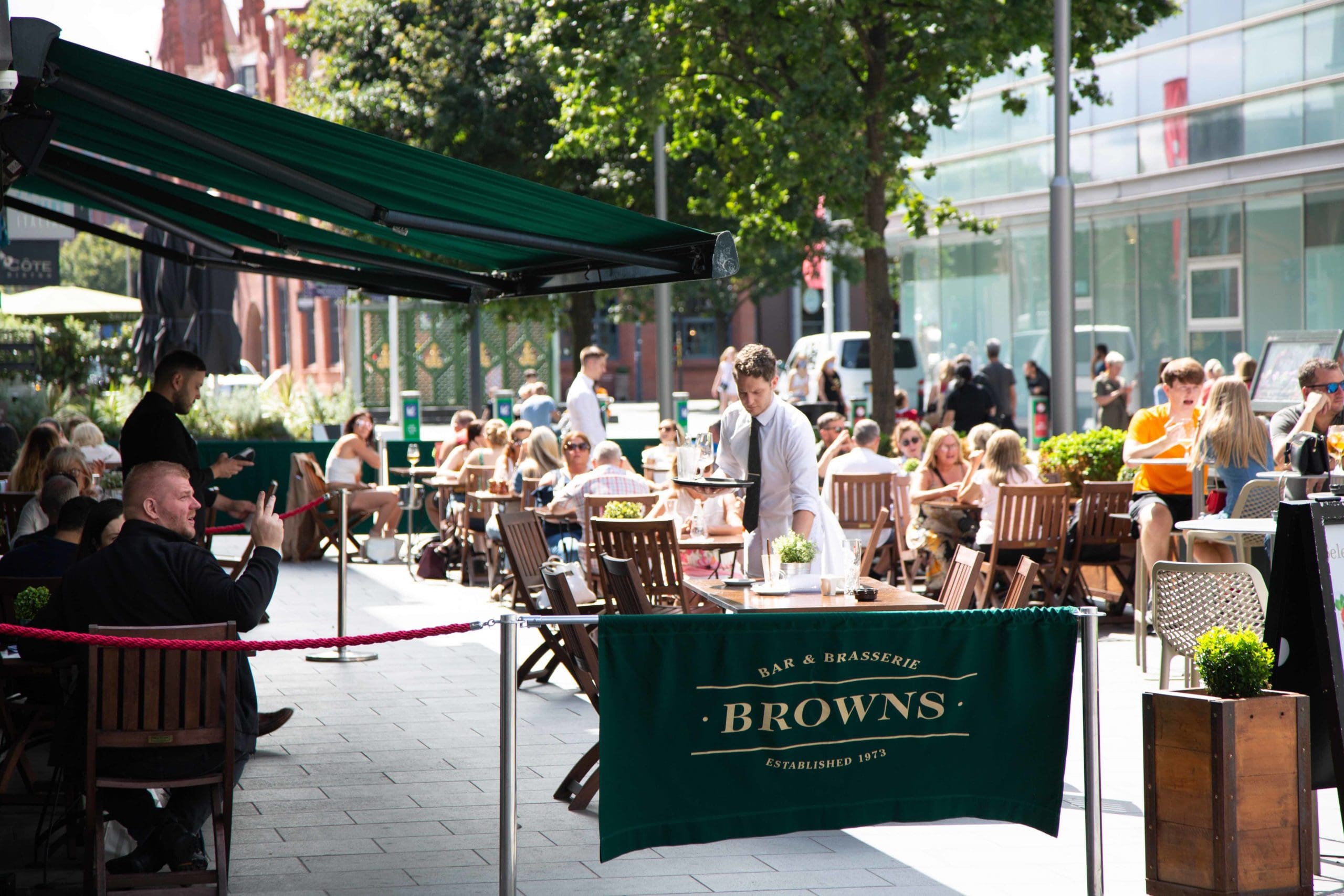Register to get 2 free articles
Reveal the article below by registering for our email newsletter.
Want unlimited access? View Plans
Already have an account? Sign in
Despite UK retailers seeing an economic recovery in October, a second national lockdown in England risks reversing the sector’s financial progress.
According to BDO, with non-essential retail back on lockdown from yesterday (5 November) until the beginning of December, the “most critical season of the year is now under threat from closed stores and spiralling consumer confidence”.
It comes as its latest ‘High Street Sales Tracker’ found that total like-for-like sales rose by 1.6% in October, though in-store like-for-like sales were down by 27.7% in October, down from a slightly positive base of 0.7% the year before.
Non-store like-for-like sales rose by 86% to the best result since June, with total LFLs (combined in-store and non-store sales) slowly increasing into positive territory, to 1.6%, for the first month since January.
In addition, total like-for-like sales recorded the second best result since mid-January, increasing by 6.36% in the second week of the month ahead of the anticipation of local lockdowns.
Sophie Michael, head of Retail and Wholesale at BDO LLP, said: “October, while difficult, saw green shoots for the high street and signs of renewed consumer spending.
“A new lockdown that includes the closure of non-essential shops, however, coupled with ambiguity around Brexit, and little time for adaptation, has poisoned any potential recovery. This has landed retailers in a worst-case scenario in the middle of the critical golden quarter.”
She added: “High street brands have spent significant sums to ensure their stores are COVID-secure and build consumer confidence to shop in-store; investment that may now feel wasted.
“New lockdown measures will only add to the woes of many struggling retailers. The accelerated shift online has forced retailers to focus on their online channel and operational logistics, and the closure of stores will inevitably lead to an even faster shift to online.”

















